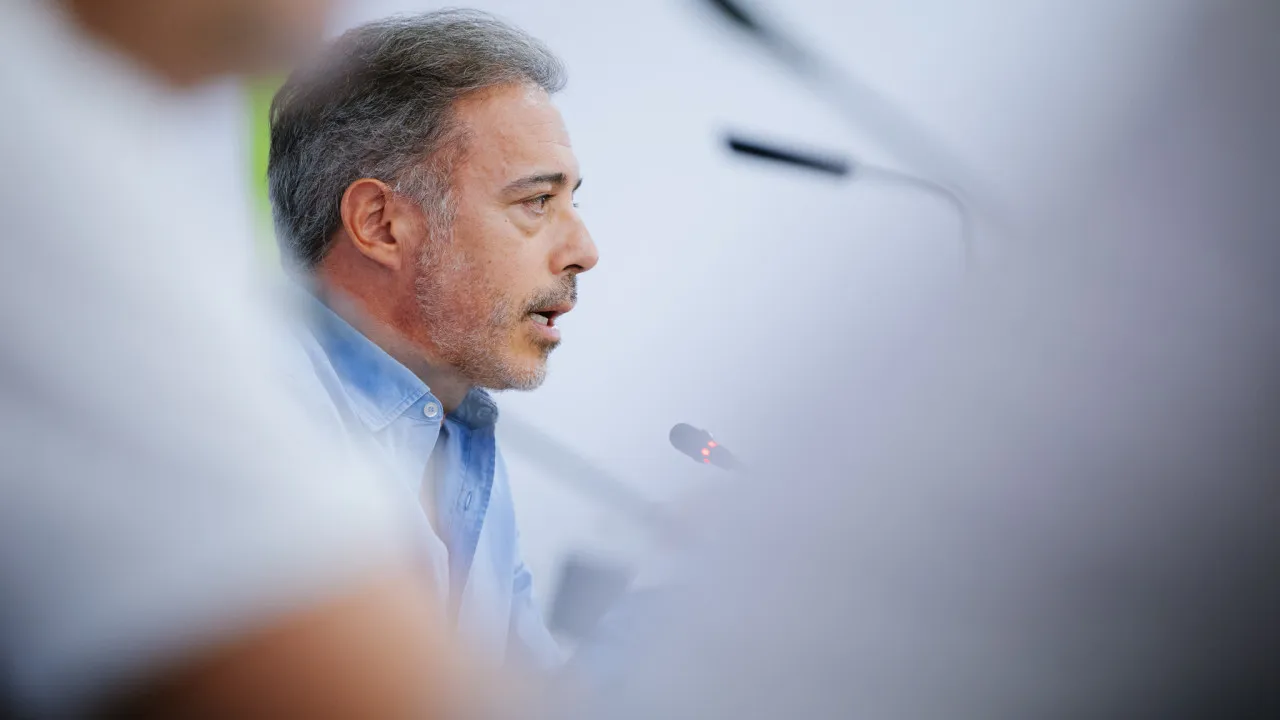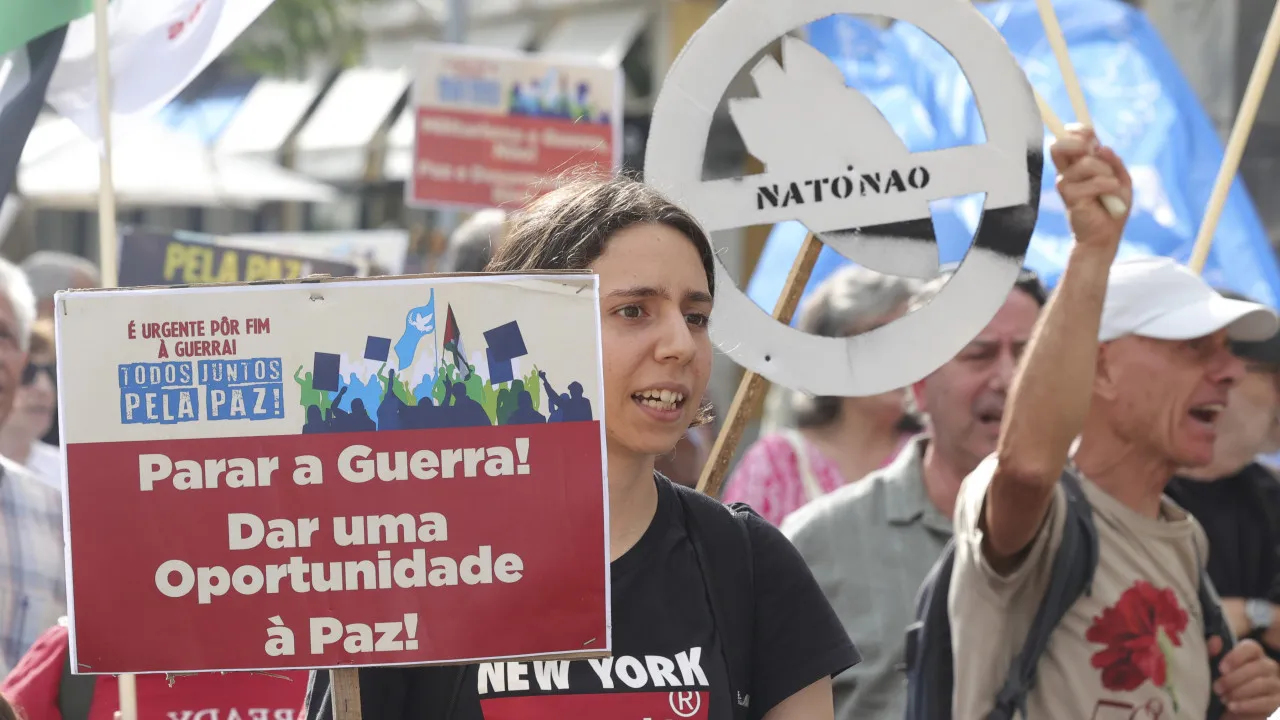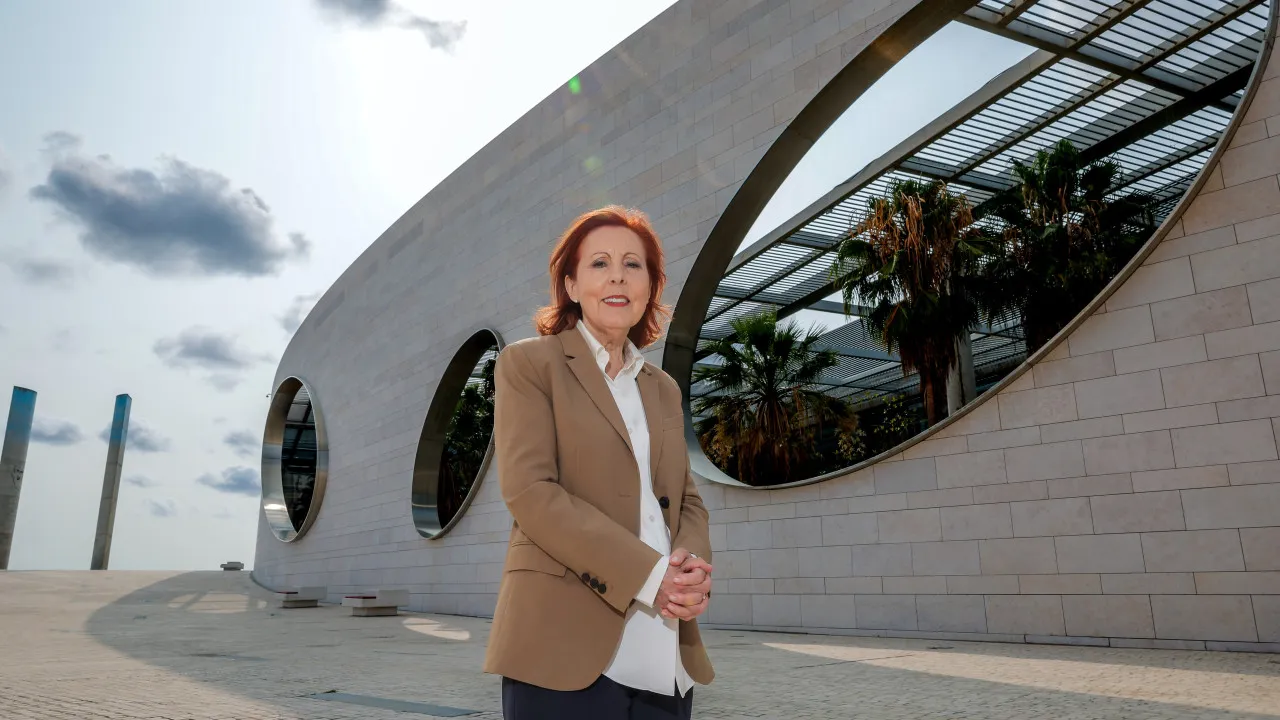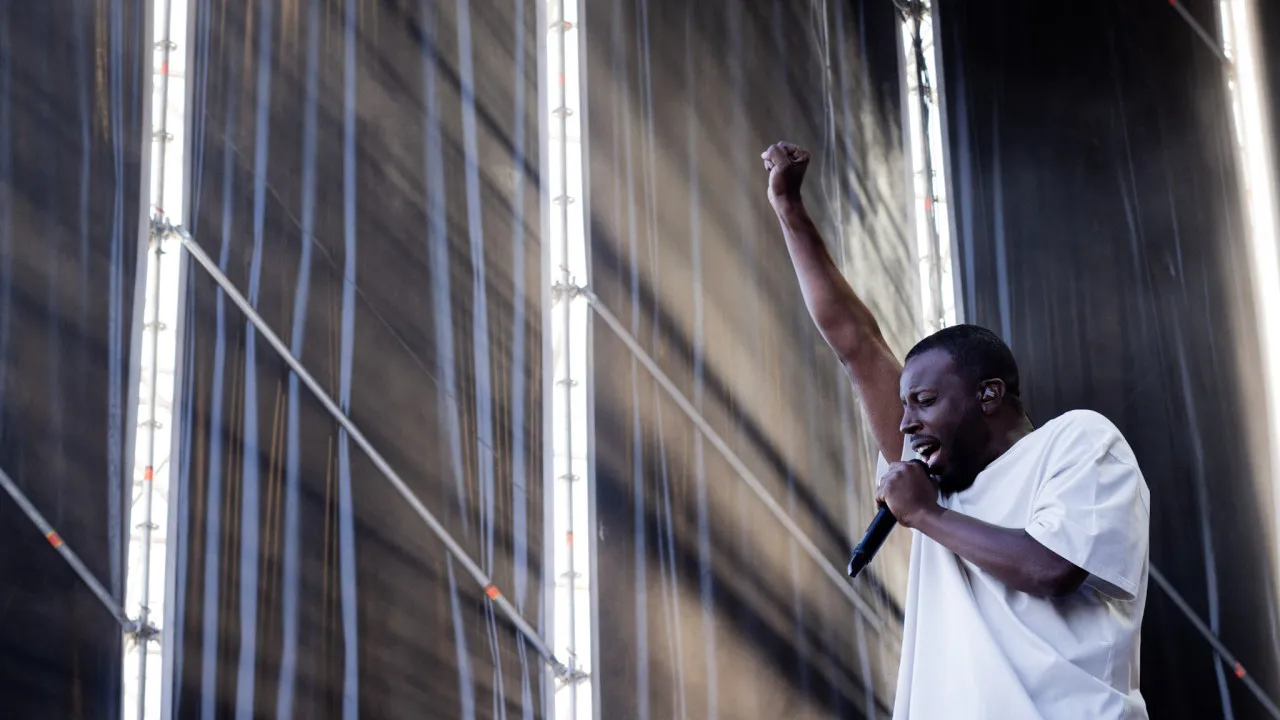
The Casa do Douro raised alarms today regarding its financial struggles and urged the Government to release it from “administrative shackles” and implement the law that, in 2024, restored it as a mandatory public association.
“We are essentially penniless; we can’t afford anything, not even water or electricity. So, it’s crucial for the new model, approved in 2024, to be put into practice,” stated the president of Casa do Douro, Rui Paredes, during a press conference in Peso da Régua.
Following the parliament’s approval to reinstitutionalize Casa do Douro in January 2024, elections were held in December, and the board and the regional council of winegrowers took office at the beginning of this year.
Approximately six months later, Rui Paredes highlighted the difficulties faced by the institution, which lacks financing, staff, or enacted responsibilities, thereby calling for the enforcement of Law No. 28/2024.
“The issue isn’t just about financing; it serves as a means to support and defend winegrowers,” he emphasized, arguing that attention should be given to the region to empower winegrowers through Casa do Douro.
The leader called on the Government to release the institution from “administrative shackles” and pointed out financial, technical, and institutional constraints hindering the full execution of Casa do Douro’s new mission.
Institutionally, he noted that the absence of a functional transition plan between the old and the new model has created “areas of administrative ambiguity,” complicating coordination with authorities, municipalities, and other sector players, while also highlighting the lack of IT systems, updated vinegrower records, and qualified technical, legal, and administrative personnel.
He asserted that the State, as the “promoter and ultimate responsible entity for the reinstitutionalization process,” is obligated to ensure the enacted law’s execution.
To unlock this process, the institution calls for the comprehensive reactivation of the Douro agricultural register and the creation of a multi-year financing process within the state budget, based on its new legal competencies.
Rui Paredes also warned about the deterioration of Casa do Douro’s assets, spread across the Douro Demarcated Region, indicating that some equipment has moved out of the Casa do Douro Patrimony Administrative Commission’s scope and was sold by the State without regional scrutiny.
This commission was established to manage Casa do Douro’s patrimony following the privatization of its management in 2014, including debt regularization and employee status.
Rui Paredes pressed for the completion of the debt compensation process, “putting an end to asset depletion and degradation.” This agreement, which involved the delivery of wines to settle Casa do Douro’s debts, has, according to the leader, seen no progress.
In response to inquiries about the Agriculture Minister’s reactions, he mentioned noticing “some concern” from José Manuel Fernandes.
However, he expressed hopes that “counter-powers” are not at play and warned that the constitutional challenge against the law restoring Casa do Douro “could destabilize everything.”
In March, it became known that the Ombudswoman decided to proceed with a request for constitutional review of the law that reinstated Casa do Douro as a mandatory public association, following complaints from the Portuguese Farmers’ Confederation (CAP) and the Association of Port Wine Companies (AEVP).




